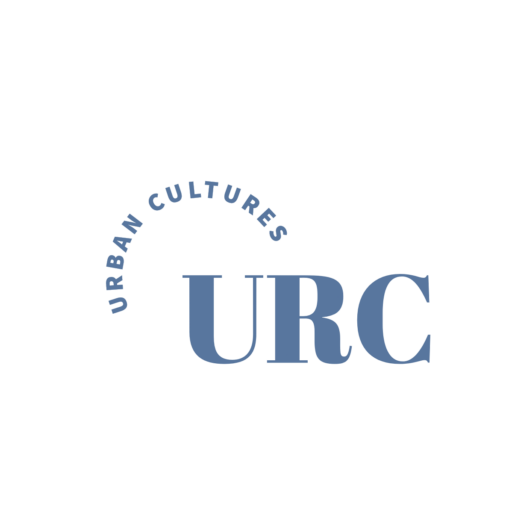“Studying the cultural roles of cities must include not only the cultural beliefs and practices that emanate from cities but also the cultural forms that develop within the city as a result of the impact of the urban culture on it. In this way scholarship can bring forward a cross-culturally and historically valid conception of cities, their cultural forms, and the urban cultures in which they are set.”
Richard G. Fox
Outline
The international research-based Master of Arts (MA) “Urban Cultures” (URC) is addressed to students with an interest in urban cultural studies, striving to acquire transdisciplinary competencies regarding European and Latin American cities and urban regions. In addition to the study of respective urban theories and practices, the master’s curriculum concentrates on the importance of culture, creativity, and the arts for sustainable and inclusive urban planning and management, taking into consideration not only urban governance and policy measures but also the constituent role of urban imaginaries and aesthetics for urban identities and creation processes.
Established at Augsburg (UNIA), one of the eldest cities of Germany whose Roman founded urban cultures are influenced by its sustainable, centuries-long water management system, and its shared religious, industrial, and economic heritage, and situated in two further European World Heritage UniverCities, namely Santiago de Compostela (USC) and Coimbra (UC), counting with two Latin American cultural metropolises, i.e. Buenos Aires (USAL) and São Paulo (USP), the URC Curriculum promotes a specialized transatlantic perspective on the cross-cultural study of urban cultures, their legacies, and multi-layered dynamics.
Complementary to classic urban studies programs, “Urban Cultures” takes into special account the relevance of the humanities for a better understanding of urban complexity these days. Dealing with urban space not only from a geographic, technological, and development point of view, but by also considering its specific socio-cultural dynamics of productivity, mobility, and creative innovation, URC pursues a determined interdisciplinary urban studies approach and transprofessional formation of future-proof urban cultural administrators, change managers, and policy makers.
By considering structural and socio-cultural aspects of urbanism in a strong international setting and by analyzing transdisciplinarily urban discourses and diversities in Europe and Latin America, the students are able to reflect the cultural dimensions of local, regional, and (inter)national urban dynamics, in order to (inter)act as interculturally competent mediators and agents of urban cultures and urbanities and their potentials for advanced urban planning, policies, resilience, and change management.
Fields of Activity
The accredited international URC curriculum has been developed transdisciplinariliy, joining scientific, administrative, creative, cultural, and further expertise to address more transprofessional and interculturally aware demands and needs regarding the intervention and management of complex contemporary urban dynamics. Here are some of the many and diverse fields of activity for URC graduates:
- City Administration/Public Management
- Urban/Regional Cultural Offices
- Municipalities & Ministries
- Cultural Management & Government Agencies
- Heritage Conservation & Renewal of the Built Environment
- Creative Industry & Small-Scale Arts and Culture Businesses
- Creative & Cultural Tourism Businesses
- City Networks
- Community Offices
- Architectural & Cultural Planning Offices
- City & Urban Regions Marketing
- Community Art & Cultural Centers
- Sustainability Departments
- Offices for Gender, Diversity & Inclusion
- International Offices
- Tourism
- Institutes & Research Centers for Urban Cultural Studies
- NGOs/NPOs & Citizen Initiatives
- Etc.
Join URC
Interested in taking part? As a student, feel free to check the Application Site; as an institution, please see our Partners Section.
